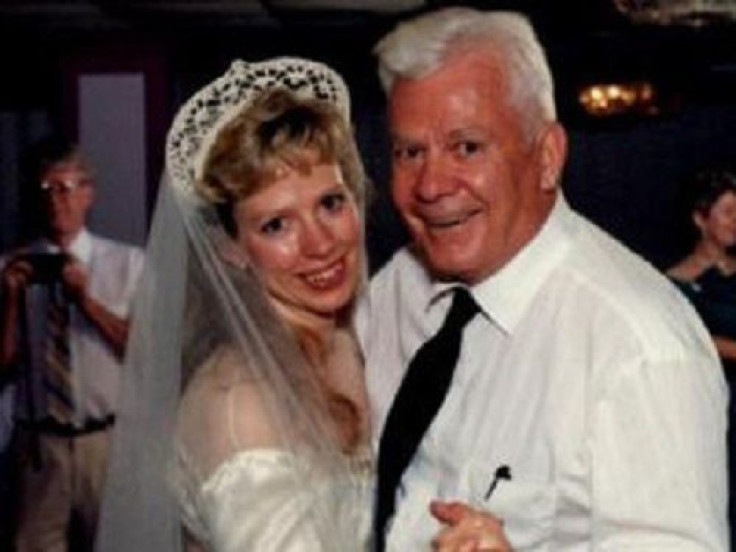Barbara Mancini, Philadelphia Nurse, Charged With Illegally Assisting Father's Suicide

A Philadelphia nurse faces a preliminary hearing on Thursday regarding accusations that she aided her terminally ill father's suicide by supplying him with a vial of morphine containing a lethal dose.
According to a police report, Barbara Mancini, 57, told her father's hospice nurse and the officer who responded to the scene on Feb. 7, "that her father had asked for all of his morphine so he could commit suicide and she provided it." USA Today reported that Mancini also stated that" he was on hospice care, was already dying, and did not want to be taken to a hospital."
Mancini's Lawyers, however, argue that Mancini never gave the medicine to her 93-year-old father, Joe Yourshaw, with "even a remote purpose that he was going to intentionally end his life on her watch."
"Her only intention was to see her father get relief from his pain. His body had failed him, his body had quit working, but mentally he was there," Defense Attorney Frederic J. Fanneli said.
The preliminary hearing in Pottsville, the Pennsylvania town where Yourshaw lived, is supposed to determine whether there's enough evidence for the case to go to trial. Mancini is being charged with assisting suicide, which is illegal under every state's laws except for Oregon, Washington, and Vermont. Although many have been prosecuted for assisting suicide, more often than not, those who were convicted were given lesser sentences, such as probation, according to NPR.
How the Charges Against Mancini Arose
The case is far from simple. Joe Yourshaw was a hospice patient with end-stage diabetes, heart and cardiovascular disease, stroke, kidney disease, and arthritis. He became increasingly weak and on Feb. 6, he had a fall.
His hospice nurse Barbara Cattermole called him at his home on Feb. 7, but he was unresponsive in his bed. Mancini allegedly told Cattermole that she gave her father a vial of morphine.
When authorities arrived on the scene, Mancini also asked that her father not be resuscitated or taken to a hospital, according to the police report. However, at that point, the responding officer said that Mancini "no longer had any say in the matter and that her father was going to the hospital for treatment."
Yourshaw was revived at the hospital, and lived for four more days, when he died from a reported low dose of morphine for pain. His death certificate lists the cause of death as "morphine toxicity," which complicated his heart disease and diabetes. The cause of death: "homicide."
Fanelli, in defense of Yourshaw's daughter, said it's not possible that the man died of morphine toxicity four days after the lethal dose he had taken at home. He also says that there was no attempt at determining the amount of morphine he had in his blood at the time of death. The toxicology analysis listed the amount of morphine in his blood at the time of his admission to the hospital, rather than at the time of death, according to The Inquirer.
"It's nonsense to assert that one can die from morphine toxicity from a dose taken four days earlier," Fanelli said. "It's unsupported medically and it's unsupported scientifically and it just doesn't make sense."
Kathryn Tucker, director of legal affairs and advocacy for the end-of-life group Compassion and Choices, stands behind Mancini, calling it the "most outrageous attempt to apply this kind of [assisted suicide] statute" in the 20 years that she's worked in the area of expertise.
"Dying patients have a federal, constitutional right to medicine that relieves their pain even if it advances the time of death," she said. "His doctors believed he had less than six months to live ... he had the right to have as much morphine as he needed to get relief."



























